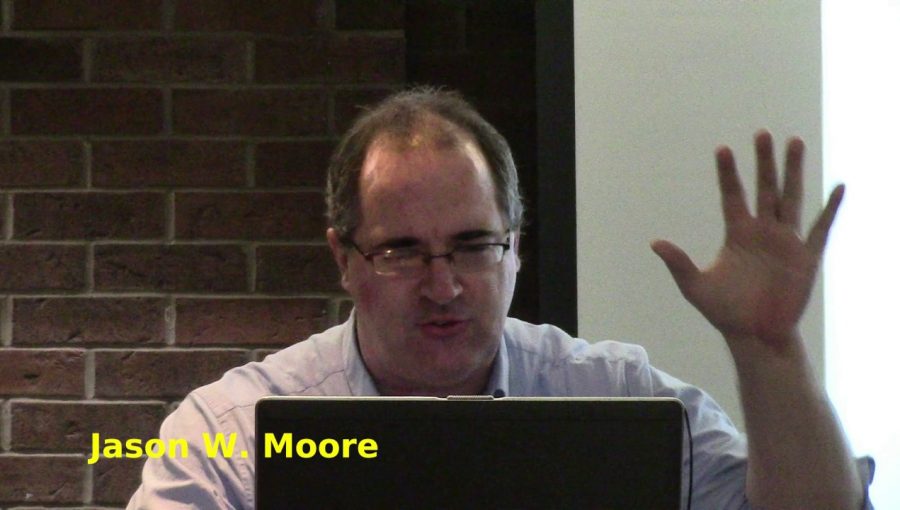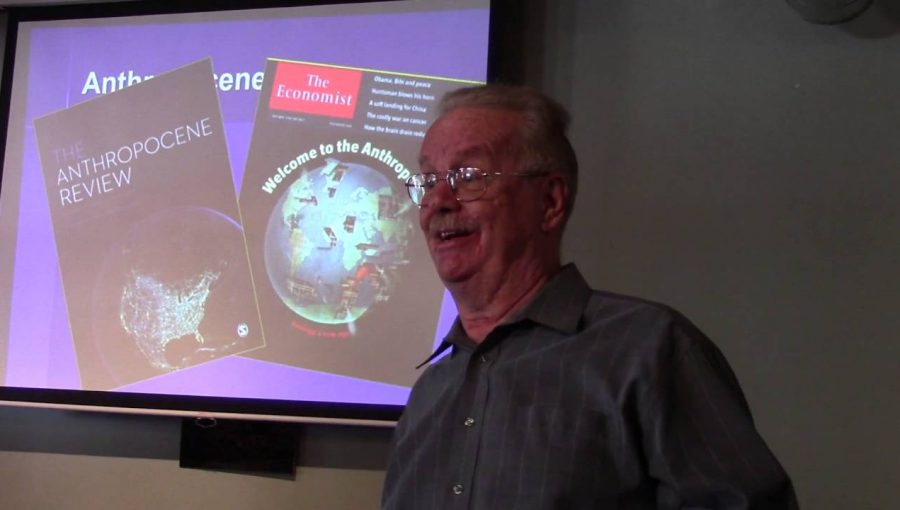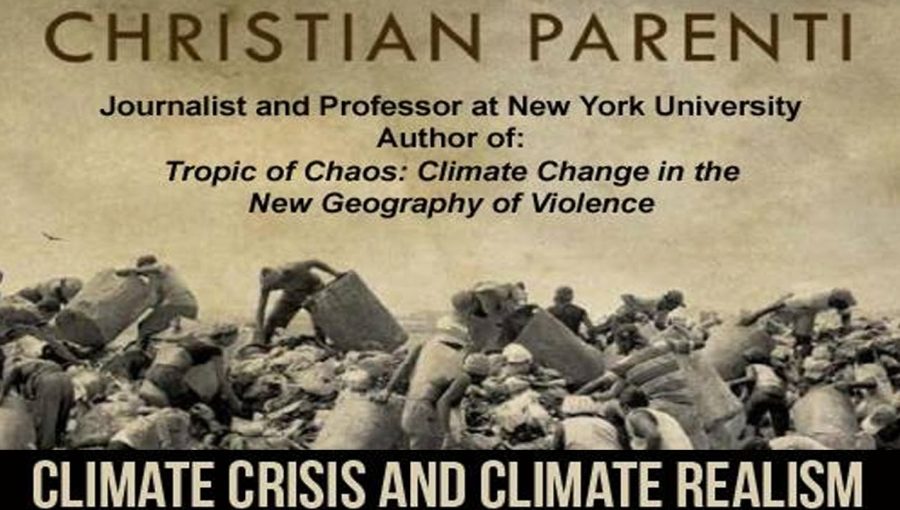Linda McQuaig is Right: Keep the TarSands in the Ground!
Toronto — 29 September 2015. At the beginning of the federal election campaign, Toronto Centre NDP candidate and respected author Linda McQuaig stated a simple fact: “a lot of people … Watch video »
Toronto — 29 September 2015.
At the beginning of the federal election campaign, Toronto Centre NDP candidate and respected author Linda McQuaig stated a simple fact: “a lot of people recognize that a lot of the oil sands oil may need to stay in the ground if we’re going to meet our climate change targets.” This sparked a corporate media backlash, accusing her of being ideologically-driven, anti-Alberta and anti-jobs.
The science is clear: if Canada continues to extract the tar sands, it will be game over for the climate. To avoid climate catastrophe we need to keep the vast majority of tar sands in the ground. In addition to their impact on the climate, the tar sands disproportionately affect Indigenous communities – from Dene, Cree, and Metis communities at ground zero of the tar sands mega project, to Aamjiwnaang First Nation surrounded by the tar sands refineries of Chemical Valley. The transport of tar sands bitumen through pipelines and by rail also threatens people, communities, and waterways right across the country.
At a time of both an economic and ecological crises, investments in the tar sands waste resources that could be creating green jobs and infrastructure, and empowering local communities. While solutions to the climate and ecological crises exist, they have been all but absent in the federal election campaigns.
Moderated by Lana Goldberg.
- Andrew Nikiforuk is an award-winning investigative journalist who has been writing about the oil and gas industry, energy, and economics for more than two decades. Nikiforuk’s journalism has won seven National Magazine Awards and top honours for investigative writing from the Association of Canadian Journalists. Tar Sands, which criticized the pace and scale of the world’s largest energy project, was a national bestseller and won the 2009 Rachel Carson Environment Book Award
- Justin Podur is a professor at the Faculty of Environmental Studies at York University. His undergraduate degree was in Physics, where he worked as a summer student on a project analyzing atmospheric radiation. He blogs at www.killingtrain.com
- Carolyn Egan is the President of the United Steelworkers’ Toronto Area council and a climate jobs activist
- Jesse Cardinal (via Skype) is a Metis activist with Keepers of the Athabasca in northern Alberta.
Sponsored by: Centre for Social Justice, Toronto East End Against Line 9, Toronto West End Against Line 9, Toronto 350, Rising Tide Toronto.




